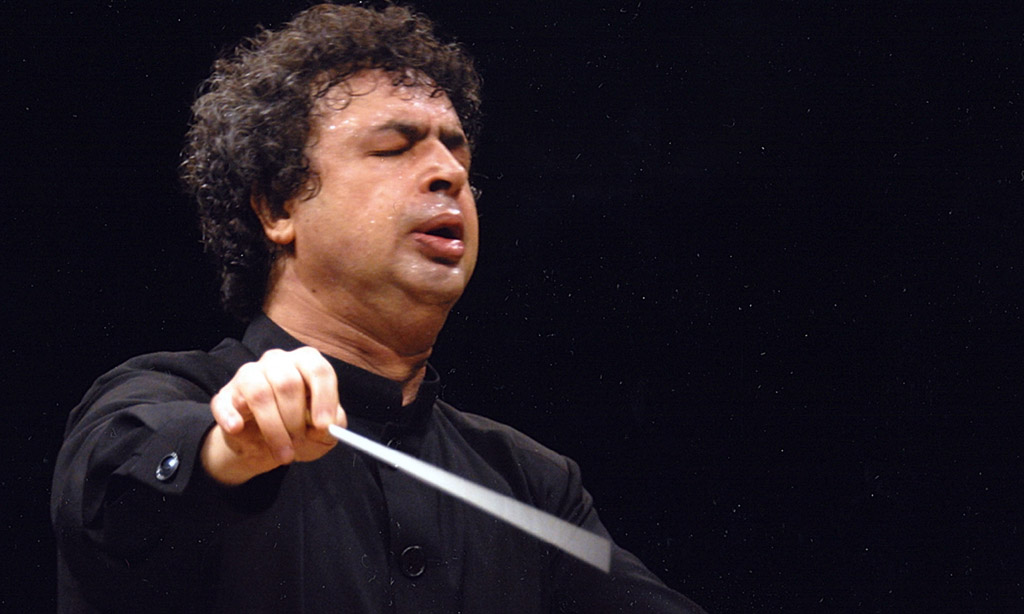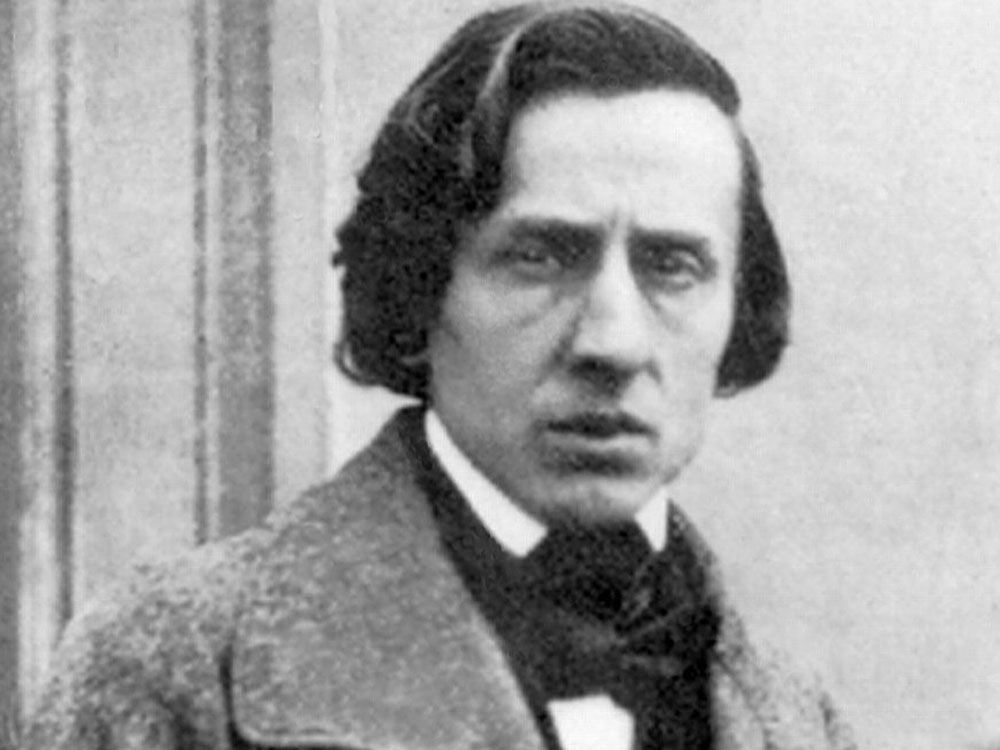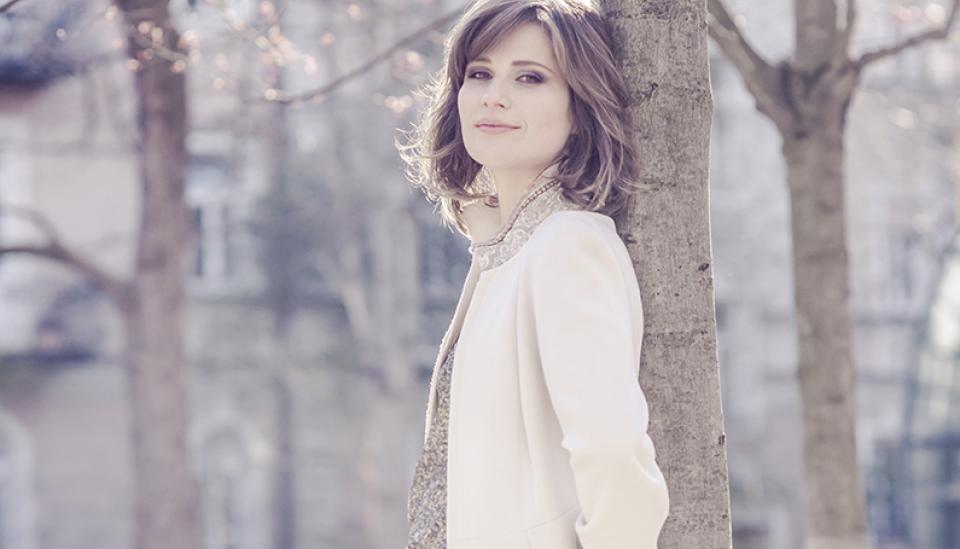10 Musical Adaptations of “God Save the Queen”
On Monday, Britain celebrated Queen Elizabeth II’s Sapphire Jubilee, marking her 65 years on the throne. At 90, Her Majesty is the world’s longest-reigning monarch. The milestone reminded me of the nearly 140 composers who have created musical adaptations of God Save the Queen, an ancient melody that may have originated in plainchant long before it was attributed to the English composer and organ-builder John Bull in 1619. Here are ten of the most …







